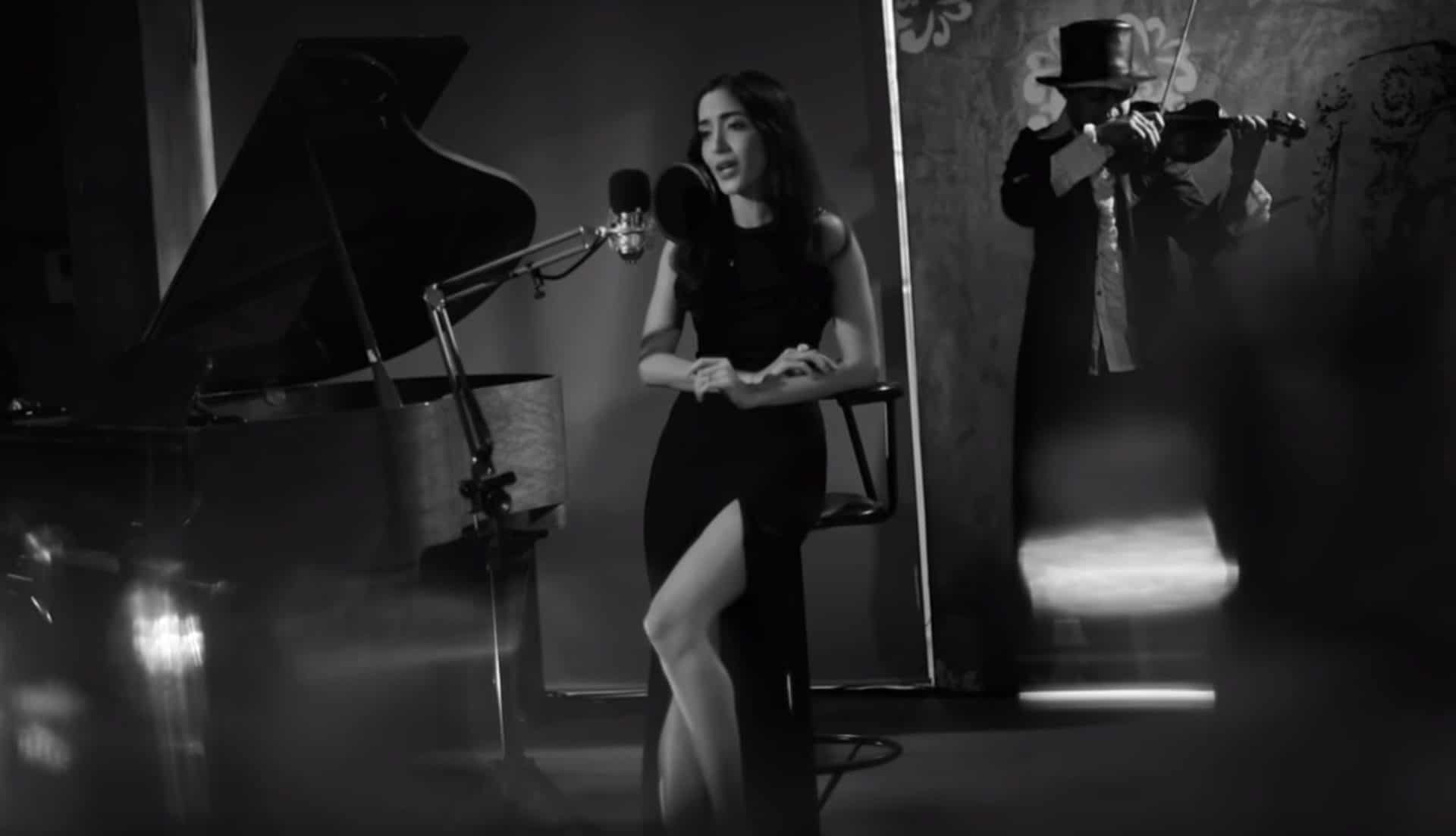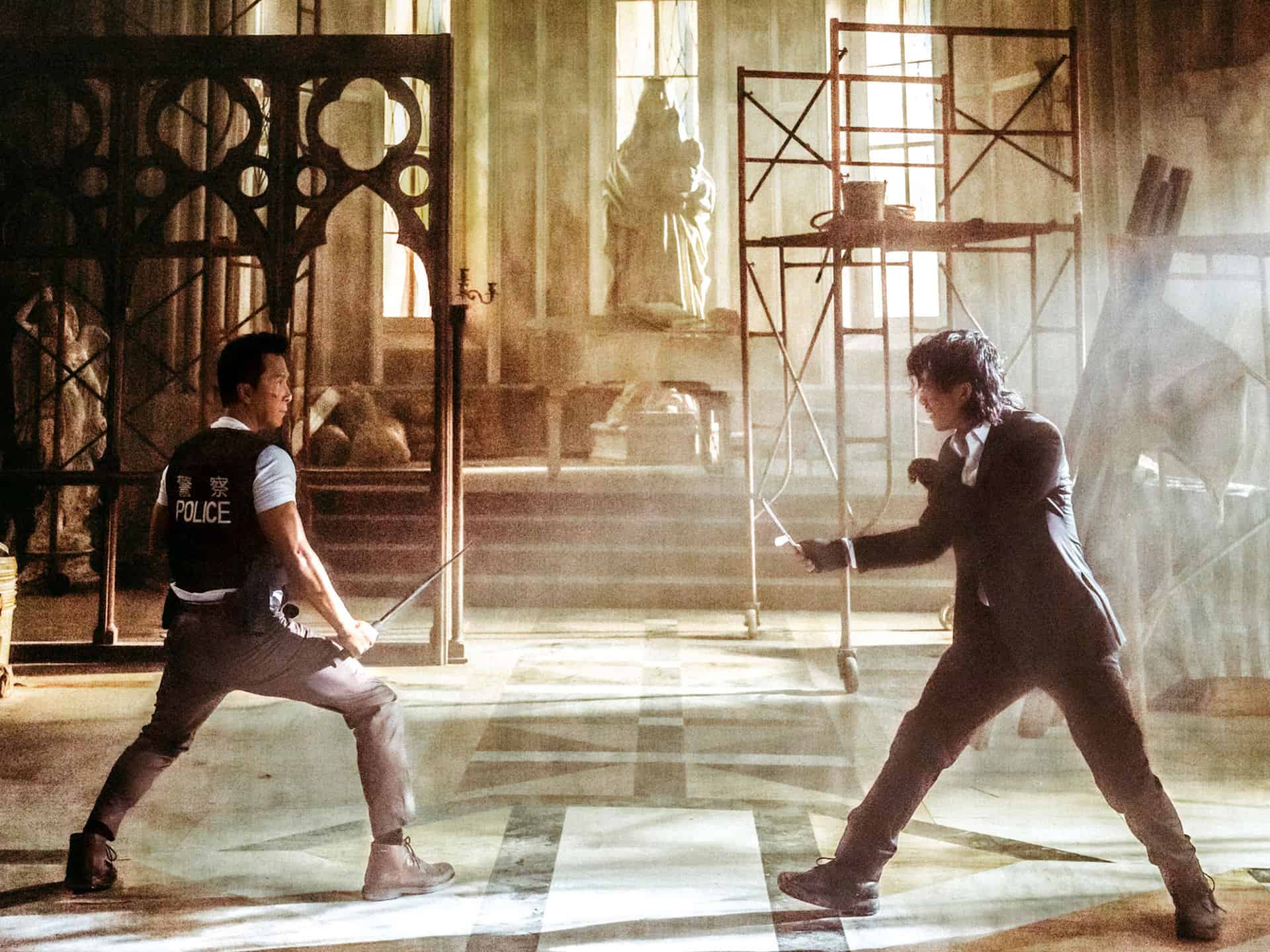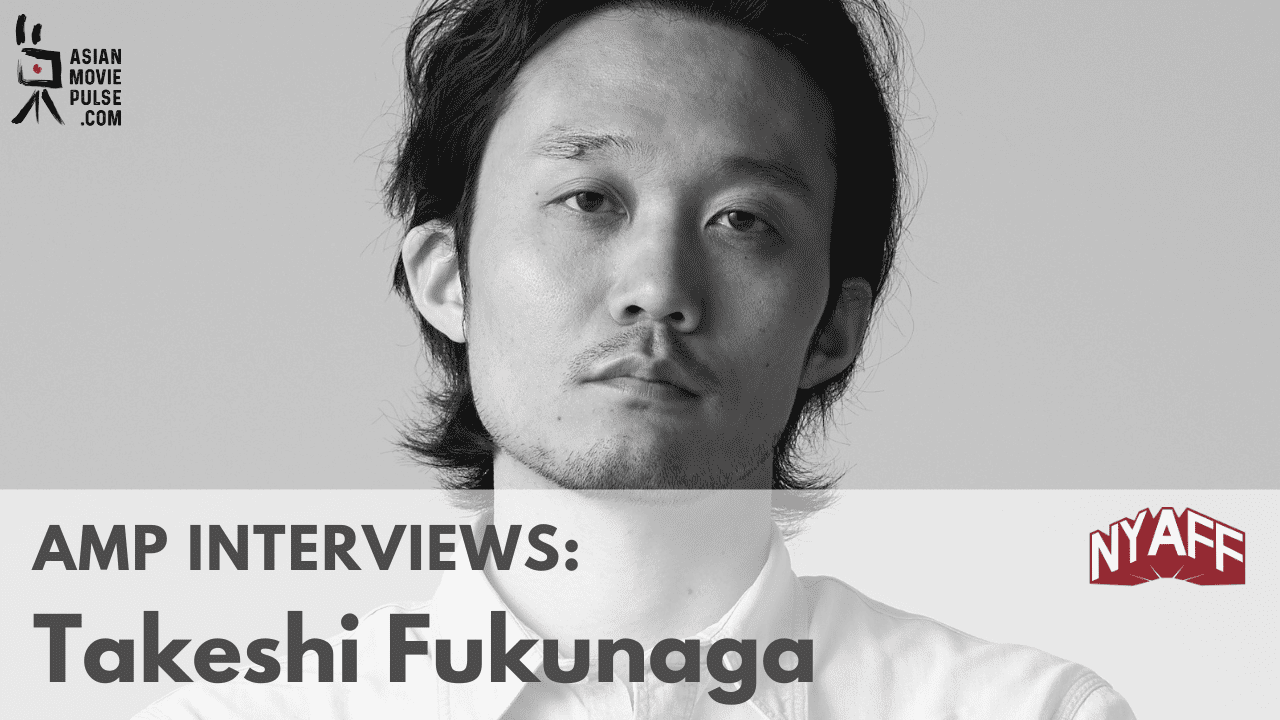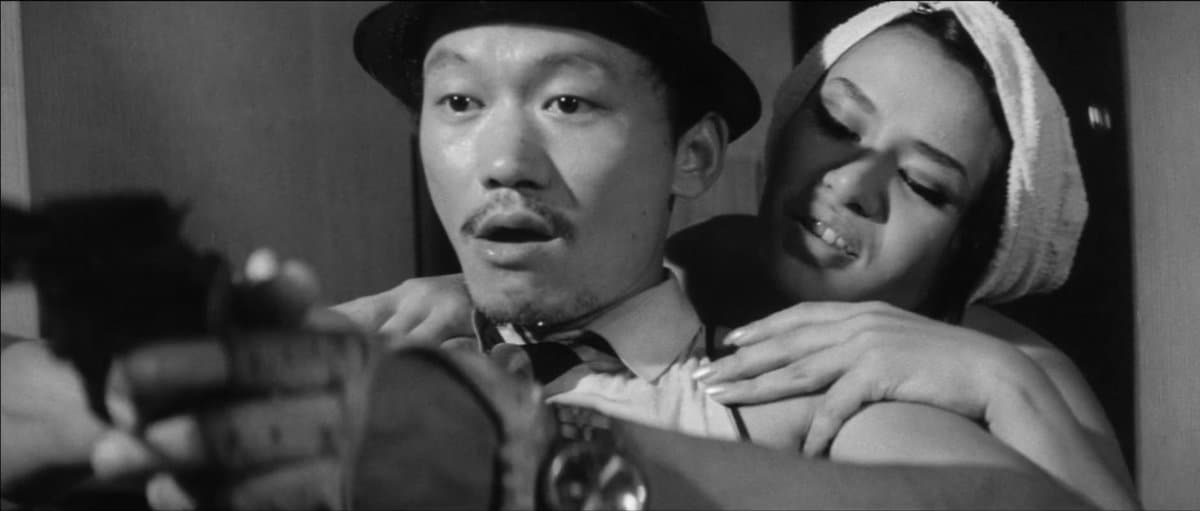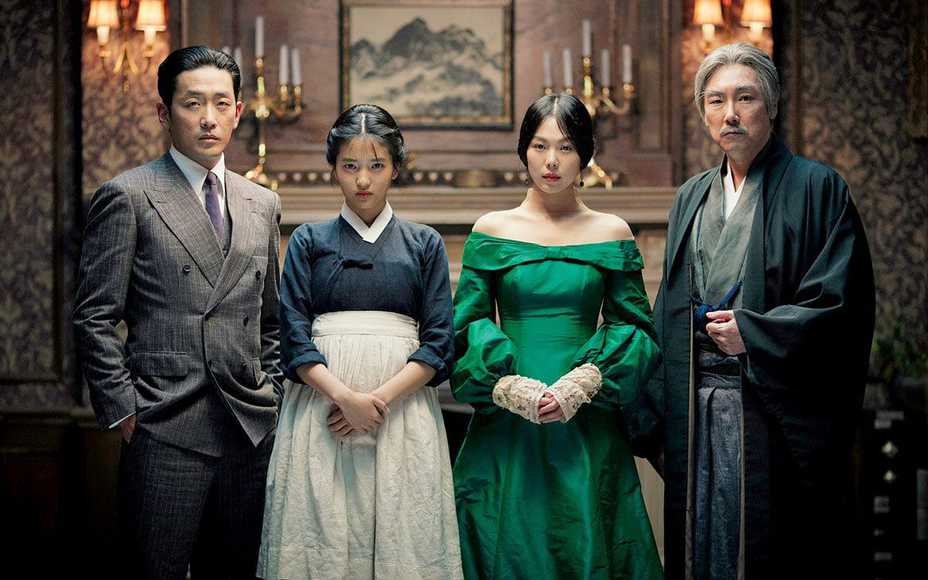6. A Day Off (1968)

The story takes place on a Sunday in late winter, where we are introduced to Heo-wook, a man who tries to fight his poorness by turning tricks on people. Eventually, he meets Ji-yeon, his secret lover, whom he only meets on Sundays. The girl talks about their life together and a future with kids and a beautiful house, but Heo-wook remains bleak, knowing their financial situation will not allow this. As they roam the streets in the cold, she eventually reveals that he is pregnant. Desperate to find money for an abortion, he leaves her in a park and starts visiting his friends, asking for help. The womanizer and the drunk bring no success, which turns Heo-wook to his rich spoiled friend. Crime eventually ensues, but punishment is following close behind.
Lee Man-hee-I directs a film that implements a very interesting combination, with images of utter beauty and artistry juxtaposed with the bleakness of the main theme. In that fashion, the cold of the air, the snow, and the overall tour-guide aspect of the movie is excellently portrayed by Lee Suk-kee's lens, with the exterior scenes featuring very few dialogues, essentially allowing the viewer to appreciate the beauty. As soon as the narrative moves indoors and dialogues ensues, a terrible pessimism starts to permeate the movie, particularly directed towards men. That Heo-wook's friends are a womanizer, a drunk and a spoiled seems like a direct accusation towards the particular sex, as all the men in the story appear filled with faults. The women here are portrayed as stronger, in different ways, as Ji-yeon fights against all odds, the womanizer's friend leaves him breaking the window as soon as she overhears him badmouthing him, while even the rich man's maid eventually mocks his manhood. At the same time, Lee seems to state that despite the fact, women end up hurt by men in a society that is deeply patriarchal The maid continues to be in service in the end, the “breaker” is exploited sexually, while Ji-yeon has the worst fate of all, with her arc cementing the comment and the overall bleakness and pessimism of the movie. At the same time, Heo-wook is proven the worst of all essentially, with his attitude being particularly despicable from beginning to end, with the finale, both the brutal one and the relatively calm and actually optimistic one, also adding to the idea that “this is a man's world”.
7. Break up the Chain (1971)
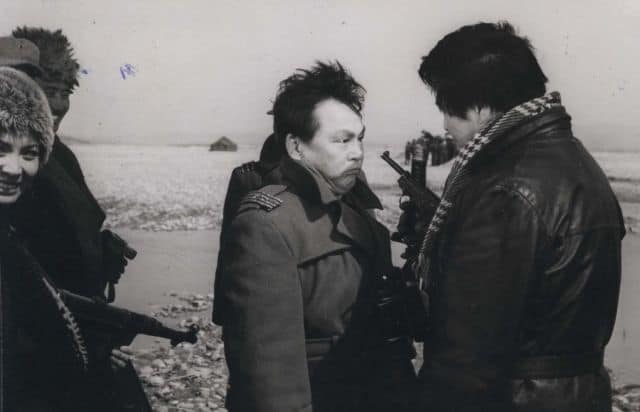
The story takes place in Manchuria during the 1930's and revolves around a Tibetan Buddha Statue of extreme value and the three men that are after it: Cheol-soo, an assassin disguised as a patriot, Tae-Ho, a gangster, and Dal-Geon, a spy. Ryang-ze, a bar hostess, soon becomes another apple of discord for the three men, as the search for the statue involves the Japanese army and Korean freedom fighter groups. The three men fight repeatedly against each other, but eventually form an alliance and decide to fight for their country, although the distrust between them remains
Lee Man-hee-I directs a genuine western, almost completely stripped of any kind of artistry, with the focus being on the action from the beginning. The constant fights among the three, but also with the Japanese forces and other Koreans who want the statue, form the basic element of the narrative, with the story actually revolving around it. The shifting of alliances, however, works quite well in this setting, as Lee does not let anyone become the “main hero”, in a style much similar to Sergio Leone's “The Good, the Bad and the Ugly”. The same applies to the presence of Ryang-ze, with the gorgeous Yoon So-ra providing a great catalyst for the story while adding to the antagonism between the three men.
8. The Midnight Sun (1972)

Detective Jang is the commander of the 330 unit of the police force, and a man so dedicated to his work, that sometimes he does not see his son, Gyoo-seok, and his wife, for days, as a rather funny scene in the beginning of the movie eloquently highlights. While he is researching a couple who have been committing robberies on a motorcycle the girl of the couple has seduced a man out of, his son meets orphan country boy In-dol, who is on the search for his sister. The two boys initially fight, but eventually become friends, with Jang's family taking the boy in and him searching for his sister. At the same time, a man Jang arrested 7 years ago, Lee Min-soo, is now released, and finds out that his wife is remarried and his son, whose treatment was the reason he started stealing in the past, is dead. Eventually, he seeks revenge through Gyoo-seok. In yet another arc, Mrs Jang's sister, Hye-ryeong, who is also living with them while working as a tourist guide, is being courted by Jang's colleague, Detective Park, eventually starting going out with him despite her sister's pleas not to date a policeman.
As it happens frequently in Lee Man-hee-I's movies, and Korean cinema to a point, the approach here is rather episodic, with him trying to fit as many events and characters as possible in the less than 100 minutes of the movie. In that fashion, the lives of the policemen at the time, for example, is highlighted in all its realistic glory, with them appearing overworked, underpaid, and in general in a much worse situation than many of their fellow citizens. The house the Jangs live in, and the fact that Park only has money to buy Hye-rong noodles, stress the fact quite intently, again with a pinch of humor.
9. Triangular Trap (1974)

Ji-sook is a very beautiful but also very tormented fashion designer, who lives in fear of Sang-gook, a man who killed her husband, kidnapped her, raped her and impregnated her, before he was arrested by the authorities. The girl is about to receive a large sum from the deceased's will, who has put one term, however, that she has to be married in order to receive the money. One day, as Ji-sook is walking on the street, she is harassed by an unknown man, and is saved by chance, by another, who just happened to pass by. The latter is revealed to be an instructor at an institution named Yeong-il, and the grateful Ji-sook soon finds herself in a loving relationship with him. Alas, Sang-gook is released from prison eventually, and he is not willing to let the girl be happy. As his stalking becomes more intense, a series of coincidences start taking place.
Lee Man-hee-I directs an exploitative thriller/horror, which, although goes a bit too far in terms of story, really thrives due to its overall atmosphere of agony, which starts from the first scene, and never actually ceases. That beauty can be a curse for women in the rather patriarchal Korean society of the 70s seems to be both the main comment and the driving force of the story, with Ji-sook suffering horribly in the hands of the various men that surround her, without, essentially, being able to put up even the slightest resistance. The term her deceased husband has forced her in order to get the money from his will stress this element even more, while the fact that the moment she does decide to take things into her own hands, tragedy strikes in the worst fashion, cements this overall approach.
10. The Road to Sampo (1975)
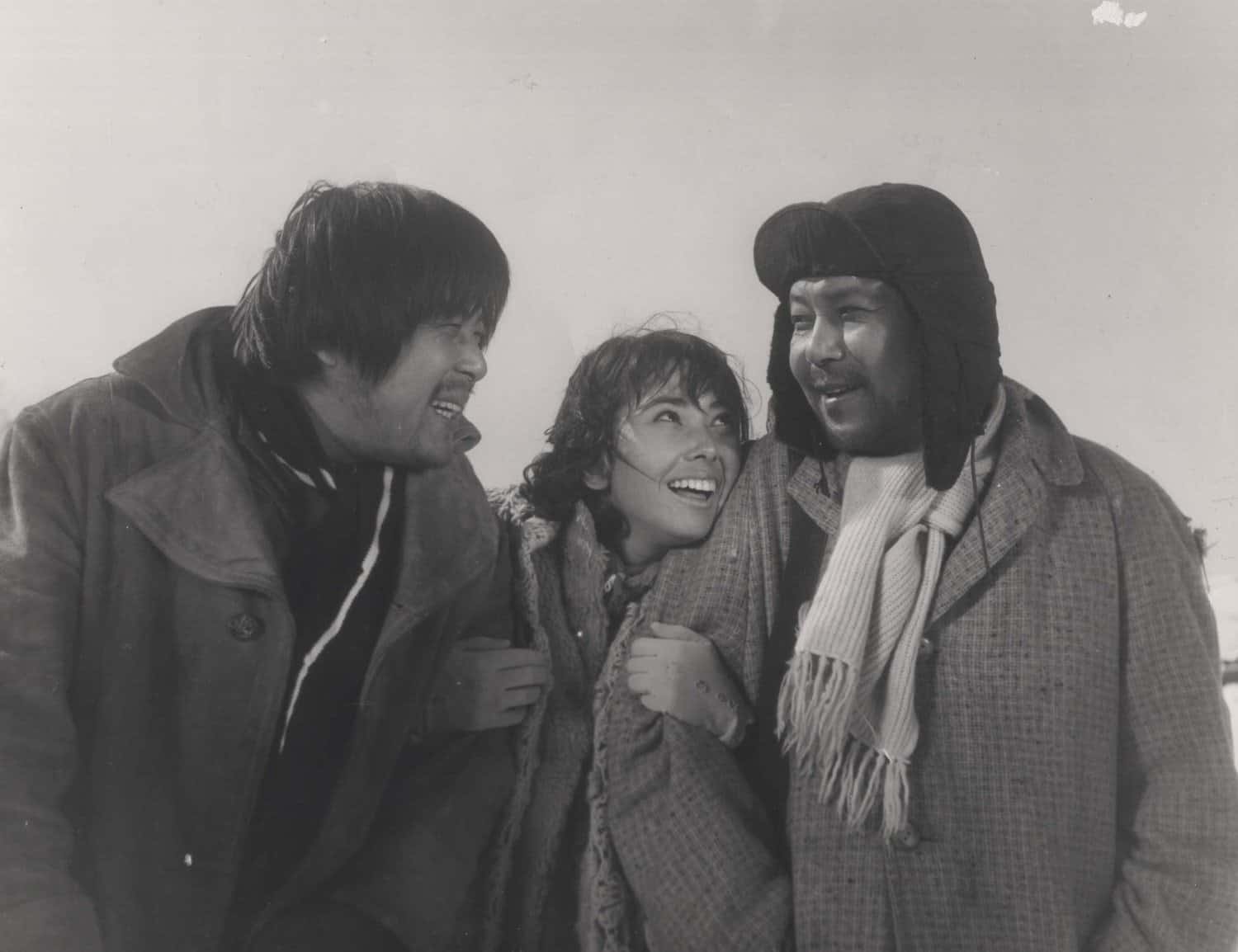
The script is based on the homonymous story by Hwang Seok-young and revolves around three misfits who end up travelling together. No Yeong-dal is a young construction worker who finds himself with no work and no place to live during the hard winter. As the film begins, he meets Mr Jeong, a middle-aged man, who makes a living doing odd jobs with the skills he acquired during his time in prison, and is on his way to his hometown, Sampo. The two of them roam in the nearby town, where a restaurant owner promises to pay them a large sum for bringing back Baek-hwa, a “hostess” who ran away with her purse. Jeong and Yeong-dal eventually find the girl, but instead of turning her in, she manages to persuade them to travel together. As they visit various places and experience both happy moments and hardships, the initial constant arguing between Yeong-dal and Baek-hwa becomes something else. Lastly, through various flashbacks, we learn the life story of all three characters.
Bae Chang-ho has credited the film as one of his favorites, and it is quite easy to see the similarities with his own road movies, like “Whale Hunting”. However, “The Road to Sampo” unfolds quite differently, since the narrative is quite thin, to the point that one could say that the movie is more a collage of episodes glued together through a thin back-story, than a compact one. In that fashion, the focus remains on the episodes, with the ones where the three friends crash a wake in order to get something to eat and the one where Baek-hwa tries to flirt with a rich man in a bar only to end up in a huge brawl, being the most memorable.
Apart from this element though, Lee Man-hee-I highlights the fact that he feels affection for his characters, since despite the fact that they are all “losers”, he takes care of showing that powers beyond them have left them in the circumstances they are now. Through this concept, the film is permeated by a rather eloquent melodramatic tone that functions as a comment about the consequences of modernization, particularly on those who did not “catch the train” of progress. This aspect is highlighted in the film's finale, while the fate of Baek-hwa and Yeong-dal's relationship also moves towards this direction.



